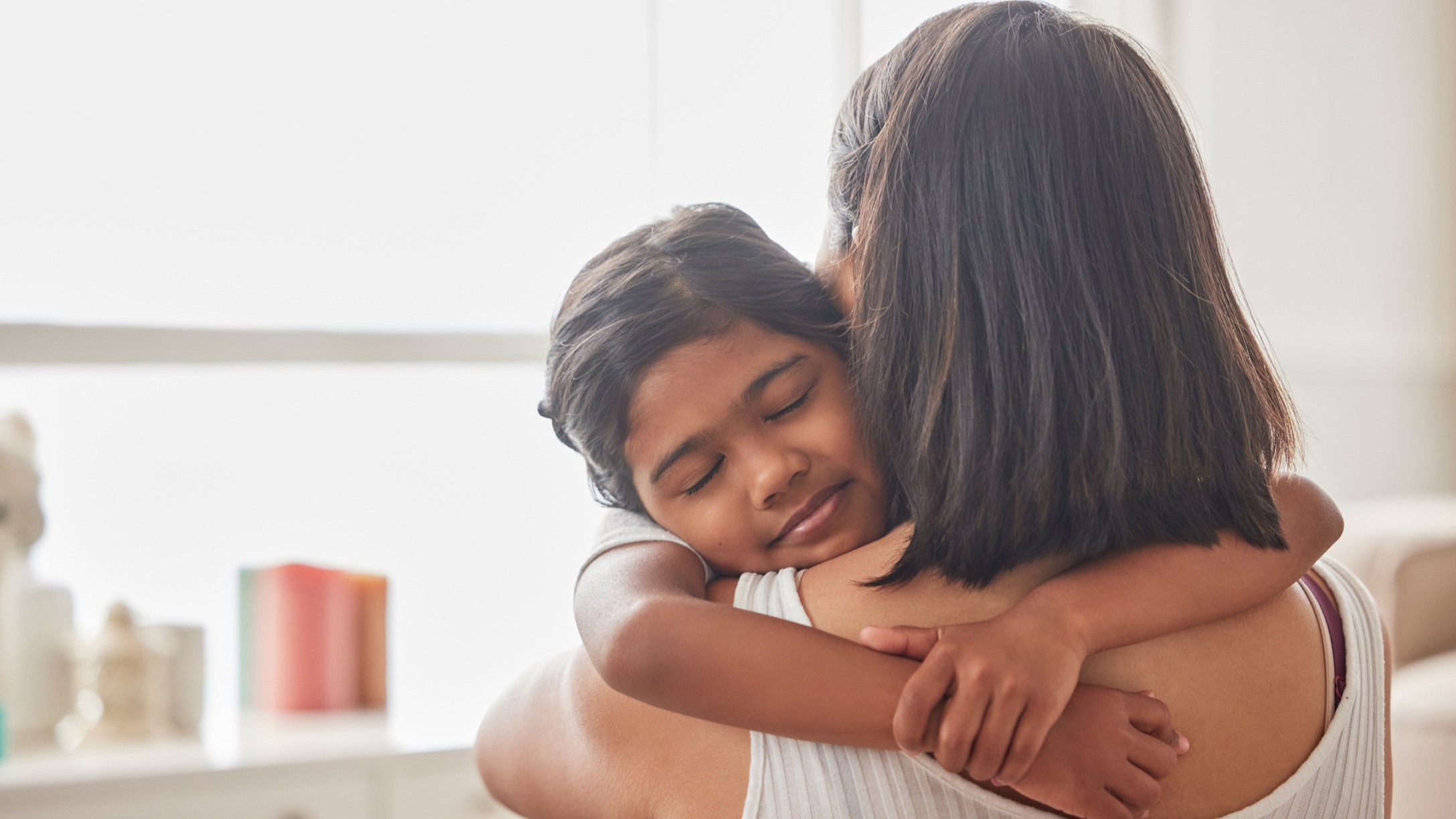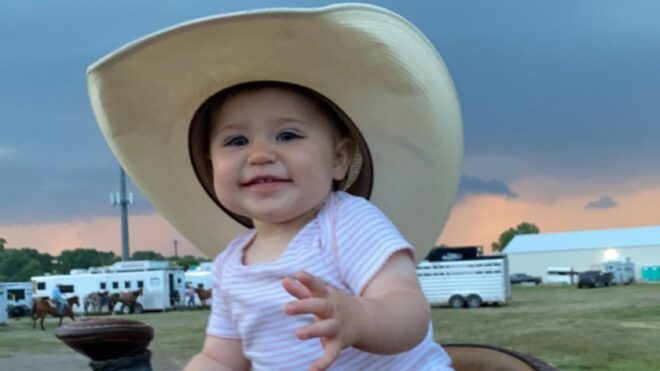
Living in the United States, an unfortunate reality for many of us is that mass shootings have become a harsh and harrowing occurrence across the country on what feels like quite a regular basis. In the wake of events like the Nashville school shooting and the Uvalde, Texas, school shooting, even our youngest of kids now face the scary anxiety of entering their own schools, shaken by the possibility it can happen to them too. As parents, how do we navigate these difficult conversations with our own children about such terrifying times?
There’s no “right way” to do it, but there are ways we can open the conversation with our kids without scarring them for life. Many parents fear that allowing the discussion to happen will scare our children out of wanting to go to school at all. As if we don't battle with them enough to get up and get dressed every morning, the last thing we want to do is create a new anxiety for them.
But the sad reality is that the world around us has changed. Although many children used to feel school was a safe, secure place, now many fear to go. To help our children thrive and grow, difficult conversations have to happen.
Many parents struggle over when to have these conversations.
Having the conversation itself is a challenge, but some parents are also curious as to when it is appropriate to have one. What age is the right age to bring it up? Do we wait until they bring it up themselves, or do we go headfirst into a talk about guns and schools? These questions are obviously valid ones that any parent has.
When your kids reach 'school age,' experts say it's important to discuss school shootings.
Lisa Damour, a clinical psychologist and the author of Under Pressure: Confronting the Epidemic of Stress and Anxiety in Girls, says when your children are young enough to still be at home, shielding them from these stories is OK and should be done. She says watching the news on your own is imperative so they don't have to hear about these things.
But as soon as children reach the age where they're going to school, as parents it's our job to talk to them about school shootings, because they are going to hear things from their peers at school.
Always approach the conversation as a 'safe space.'
Damour says for younger children, parents should create a "safe space" where kids feel comfortable coming to them with any questions or fears that they have. And it's OK for parents to say that they also don't understand things, such as why someone would want to "hurt children." Being honest and transparent with our kids is OK; not all of us have to always have the answers.
Try to reassure your children, as well.
There are going to be moments when children may feel they are "unsafe" or scared. As parents, experts also say that we want to create a room of reassurance. Reassure your kids that you want what is best for them and will always do your best to keep them safe.
Always validate their feelings.
These conversations are going to bring up emotions that many kids may not understand.
Dr. David Schonfeld, director of the National Center for School Crisis and Bereavement, says naming their emotions and talking children through how they feel can be beneficial for young children. "Unpacking" their emotions and letting them know what they are feeling is OK and helping them navigate those feelings is important.
Older kids may not want to talk about it right away.

Experts say that older kids may not come to you right away. Most of them find out on social media or through friends. Sometimes they'd prefer to talk to friends rather their own parents, but experts say to let them know you are there for them whenever they want to talk. It's also important to respect their space, no matter what.
Most importantly, experts say to 'know your child.'
Overall, no matter what age they are, experts say it's important to know your child and know their triggers and personality. If your child is a kid who has anxieties or emotional distress, you should monitor them and watch for any changes. If you see anything off or different, addressing the issue sooner, rather than later, is crucial.



